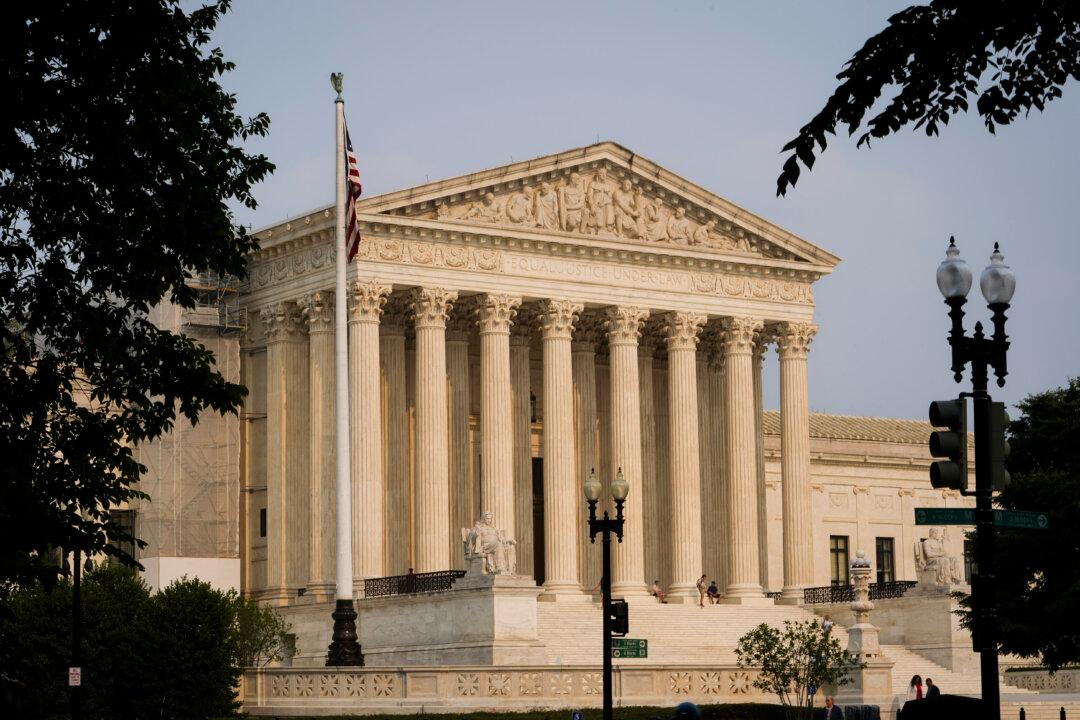Following last week’s landmark Supreme Court ruling targeting affirmative action at U.S. colleges, a top federal commissioner predicted that companies and corporations will see an increasing number of lawsuits over controversial left-wing diversity, equity, and inclusion (DEI) programs; as well as the equally controversial environmental, social, and corporate governance (ESG) measures.
“I think this is going to be a wake-up call for employers,” Employment Opportunity Commission (EEOC) Commissioner Andrea Lucas told Fox News last week. “Today is a time—the best time for lawyers to really take a really hard look at the lawfulness of their corporate diversity programs.”





